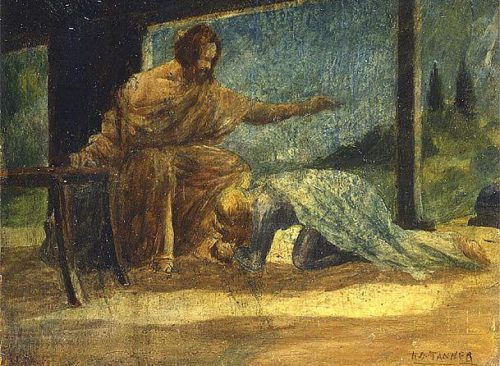Periodically, events happen in our lives that are natural points of reflection. Graduations, weddings, retirement.
I’m in such a season these days due to the recent retirement announcement of Winston Worrell, the Director of WME’s Evangelism Institute at Candler School of Theology.
 Winston has led our Institute for 25 years, so his departure in June will leave a significant gap. His depth of spirit, personal passion for sharing the good news of Jesus Christ, and faithful work to equip others for evangelism have been instrumental in the success of WMEI.
Winston has led our Institute for 25 years, so his departure in June will leave a significant gap. His depth of spirit, personal passion for sharing the good news of Jesus Christ, and faithful work to equip others for evangelism have been instrumental in the success of WMEI.
I often teach that God’s preferred method of interacting with us is to use particular people at particular times, usually to deliver a particular message. That has been my own faith experience. Twenty years ago, at a time when I was doubting myself in ministry, God used a particular person – Winston – to ease my fears. At the exact moment I was prepared to leave ministry behind, God used Winston to deliver a particular message – stay the course, I will be with you.
Until recently, Winston didn’t know how God had used him in my life; but in the 20 years since, I’ve watched him as together we worked and worshiped, prayed and taught, preached and played. Through it all his openness to the power of the Holy Spirit has never wavered. He always stands ready to be used by God – even when he doesn’t know he is being used.
Several years ago, at our Order of the Flame gathering, one of the speakers, Lyle Pointer, had to leave shortly after he had spoken, so at the break he left to gather his belongings. After the break, Winston was settling into his seat, excited to hear the next speaker, when he felt the nudging of the Holy Spirit: Go pray with Lyle.
To hear Winston tell it, he was not happy with this feeling that he should leave the session to pray. He was excited about the topic of the next lecture and didn’t want to miss it. Everything seemed fine with Lyle, why did he need to go pray? After a few minutes of wrestling, he reluctantly left the room to look for Lyle. Seeing him and his wife, Paula, across the parking lot, Winston hailed them down and told them he felt a strong urging to pray with them. This was not in the least surprising to them, so in that moment, Winston, a black man from the Caribbean, and Lyle and Paula, two white folks from Oklahoma, encircled each other and prayed.
After they had prayed, Winston returned to the conference session and Lyle and Paula began their journey home.
About 15 minutes later, while the next speaker was mid-lecture, Winston heard a rapping on the window near his chair. An African American man gestured for him to come outside. Curious, Winston joined him and it was quickly very clear that something had deeply moved him, so they began to talk.
He was a delivery man who happened to be unloading his truck when he looked across the parking lot and saw Winston, arms wrapped around Lyle and Paula, praying.
As Winston listened, the man cried as he shared about his burdens. He shared that seeing black and white people with their arms around each other, praying together, had moved him in a way little had in the past. Winston continued to listen with the compassion and spiritual sensitivity that has marked his entire ministry. And then he shared his own faith in Jesus. And they prayed together for the next steps in this man’s spiritual journey.
God uses particular people, at particular times. Winston realizes that. His ear is tuned to God’s voice, nudging him even when he is reluctant or doesn’t understand.
What is your ear tuned to? What is the Holy Spirit nudging you to do or to say that only you can do or say?
As I move through these next months in anticipation of Winston’s retirement, I pray for that same spiritual sensitivity. And I pray that each of us, like Winston, will become ever more in tune to God’s voice, ready to be the particular person, at the particular time, used to channel God’s message of loving mercy, forgiveness, and grace.
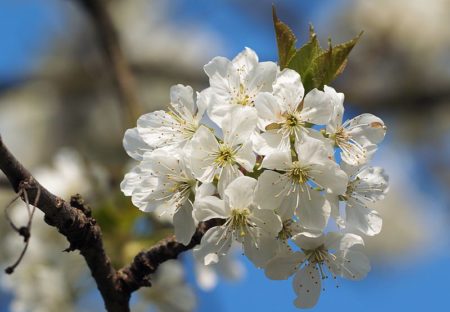
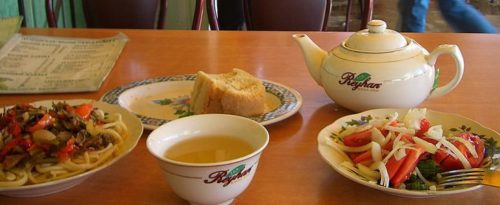
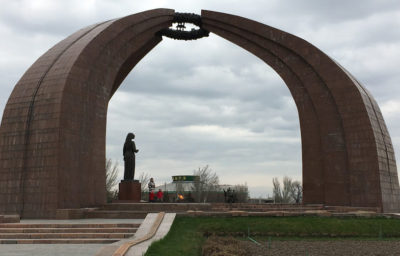





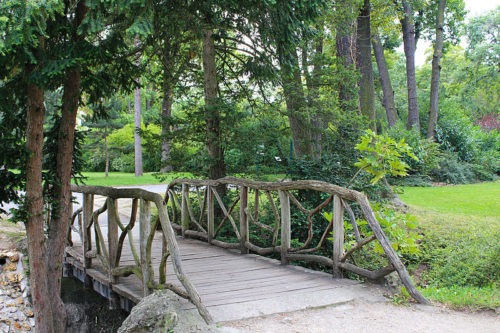
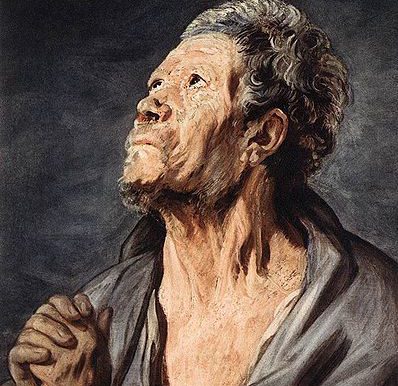
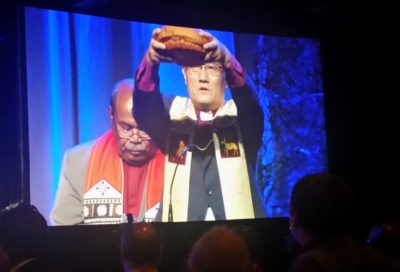
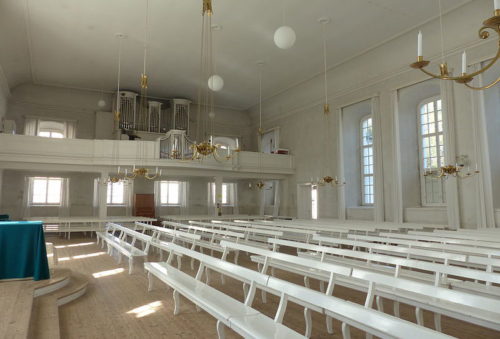

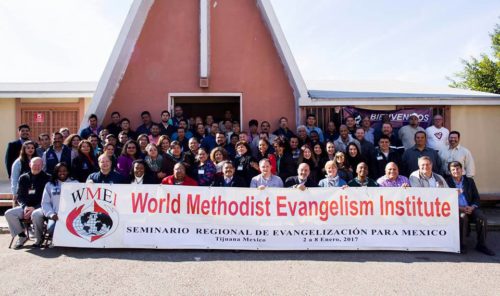
 Winston has led our Institute for 25 years, so his departure in June will leave a significant gap. His depth of spirit, personal passion for sharing the good news of Jesus Christ, and faithful work to equip others for evangelism have been instrumental in the success of WMEI.
Winston has led our Institute for 25 years, so his departure in June will leave a significant gap. His depth of spirit, personal passion for sharing the good news of Jesus Christ, and faithful work to equip others for evangelism have been instrumental in the success of WMEI.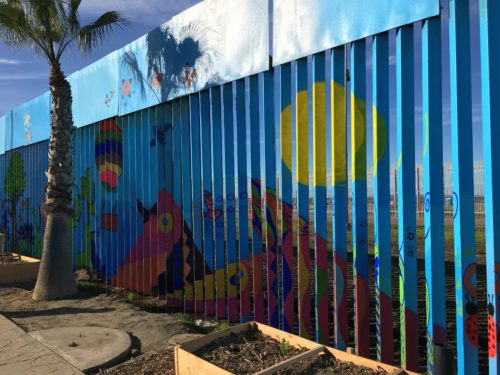

 There is no gate on the US side. But for a while, though separated by wire and watched by US border patrol officers, families can talk, clasping fingers through the small gaps, connecting across the barrier that divides them.
There is no gate on the US side. But for a while, though separated by wire and watched by US border patrol officers, families can talk, clasping fingers through the small gaps, connecting across the barrier that divides them.
